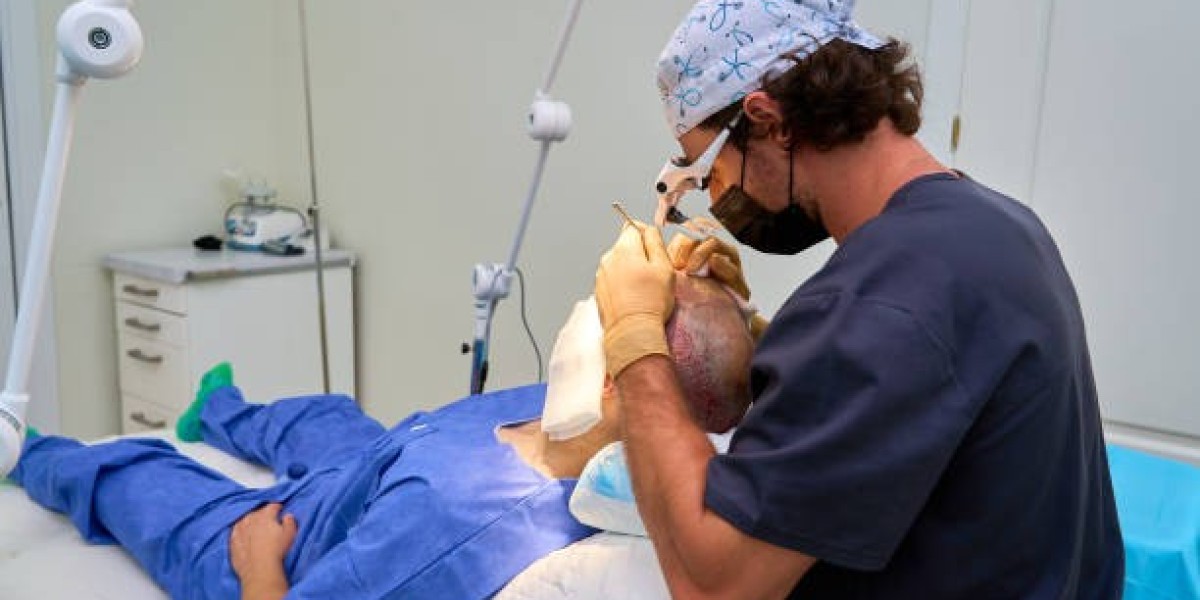Among the organized chaos of medical professionals in Birmingham, a young man named James Stokes carries himself with the measured poise of someone who has found his place. His polished footwear move with deliberate precision as he acknowledges colleagues—some by name, others with the familiar currency of a "hello there."
James wears his NHS lanyard not merely as a security requirement but as a testament of inclusion. It rests against a well-maintained uniform that offers no clue of the tumultuous journey that led him to this place.
What separates James from many of his colleagues is not obvious to the casual observer. His demeanor gives away nothing of the fact that he was among the first participants of the NHS Universal Family Programme—an initiative crafted intentionally for young people who have been through the care system.
"It felt like the NHS was putting its arm around me," James explains, his voice controlled but revealing subtle passion. His statement captures the core of a programme that seeks to reinvent how the vast healthcare system views care leavers—those vulnerable young people aged 16-25 who have emerged from the care system.

The numbers tell a troubling story. Care leavers commonly experience higher rates of mental health issues, money troubles, housing precarity, and diminished educational achievements compared to their age-mates. Behind these clinical numbers are individual journeys of young people who have navigated a system that, despite best intentions, frequently fails in offering the supportive foundation that shapes most young lives.
The NHS Universal Family Programme, established in January 2023 following NHS England's pledge to the Care Leaver Covenant, embodies a profound shift in institutional thinking. At its core, it recognizes that the whole state and civil society should function as a "communal support system" for those who have missed out on the security of a typical domestic environment.
Ten pioneering healthcare collectives across England have blazed the trail, developing frameworks that reimagine how the NHS—one of Europe's largest employers—can extend opportunities to care leavers.
The Programme is thorough in its strategy, beginning with detailed evaluations of existing policies, forming governance structures, and garnering executive backing. It acknowledges that meaningful participation requires more than noble aims—it demands tangible actions.
In NHS Birmingham and Solihull ICB, where James found his footing, they've created a reliable information exchange with representatives who can deliver support, advice, and guidance on wellbeing, HR matters, recruitment, and EDI initiatives.
The conventional NHS recruitment process—rigid and often daunting—has been carefully modified. Job advertisements now highlight personal qualities rather than numerous requirements. Applications have been reconsidered to accommodate the particular difficulties care leavers might face—from not having work-related contacts to facing barriers to internet access.
Maybe most importantly, the Programme acknowledges that entering the workforce can present unique challenges for care leavers who may be managing independent living without the backup of familial aid. Matters like transportation costs, personal documentation, and banking arrangements—considered standard by many—can become substantial hurdles.
The elegance of the Programme lies in its attention to detail—from explaining payslip deductions to offering travel loans until that essential first salary payment. Even apparently small matters like rest periods and professional behavior are deliberately addressed.
For James, whose professional path has "changed" his life, the Programme delivered more than a job. It gave him a sense of belonging—that intangible quality that grows when someone feels valued not despite their background but because their unique life experiences improves the workplace.
"Working for the NHS isn't just about doctors and nurses," James observes, his gaze showing the quiet pride of someone who has discovered belonging. "It's about a collective of different jobs and roles, a group of people who really connect."
The NHS Universal Family Programme exemplifies more than an job scheme. It stands as a powerful statement that organizations can adapt to welcome those who have experienced life differently. In doing so, they not only transform individual lives but enhance their operations through the distinct viewpoints that care leavers bring to the table.
As James navigates his workplace, his involvement subtly proves that with the right support, care leavers can thrive in environments once thought inaccessible. The arm that the NHS has provided through this Programme signifies not charity but appreciation of untapped potential and the fundamental reality that all people merit a family that champions their success.









